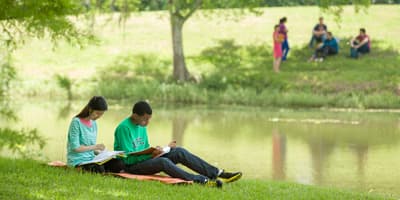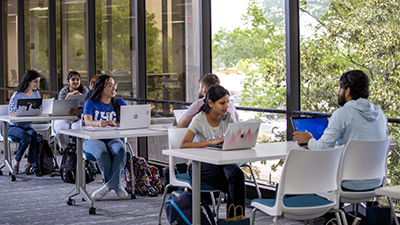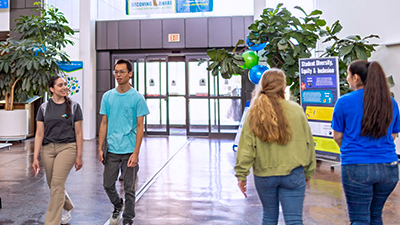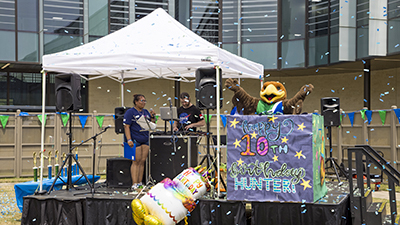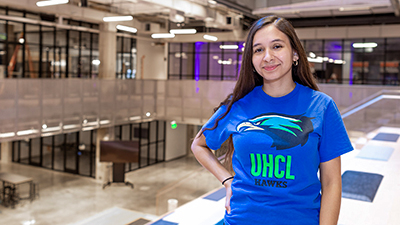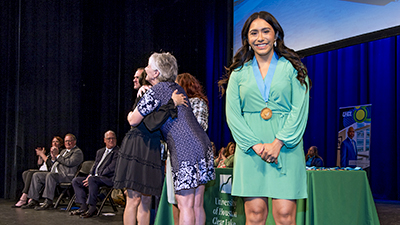Center continues effective outreach, training via telehealth services
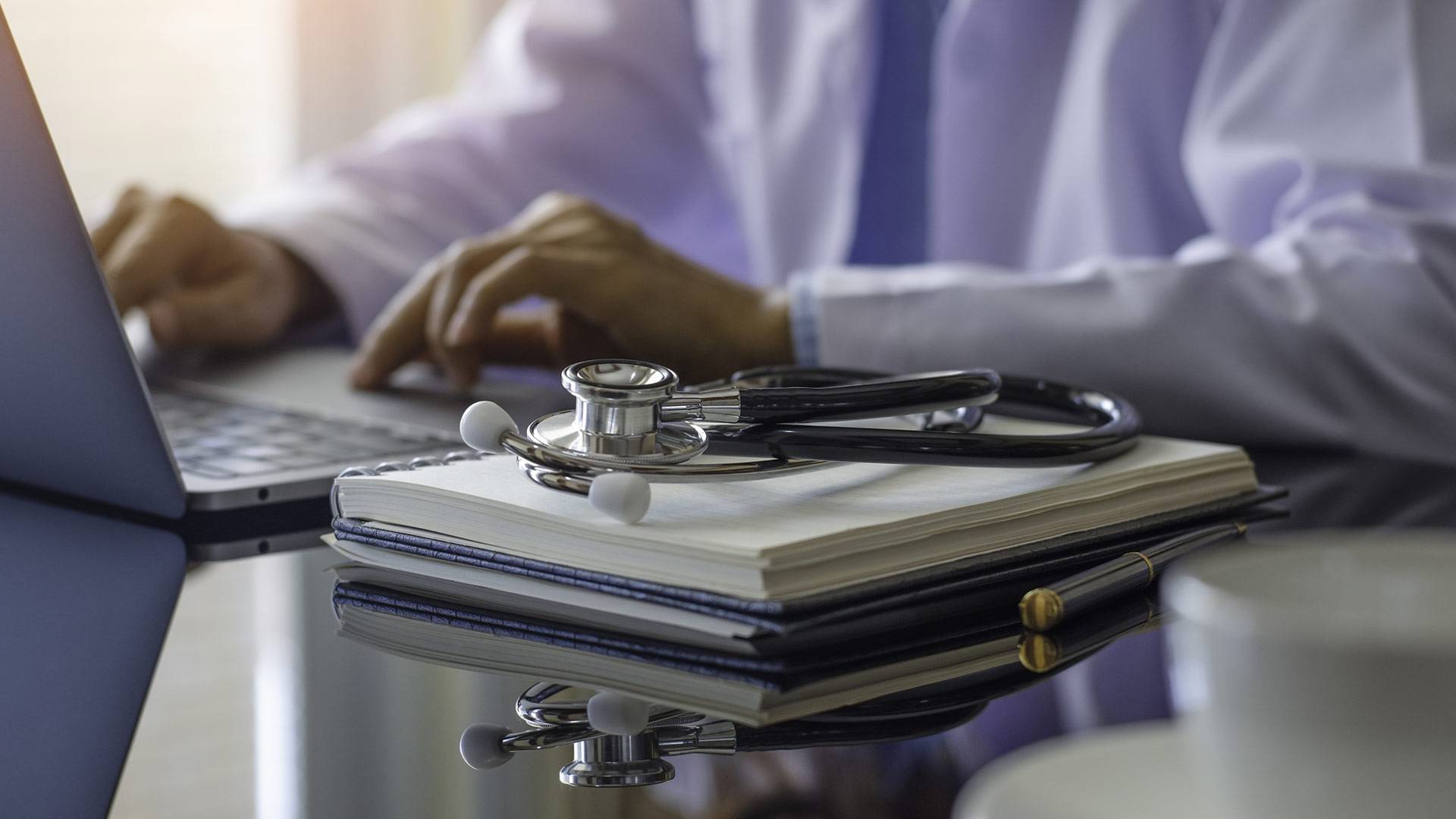
Government and public health officials are strongly urging the public to avail themselves of telehealth services to get remote treatment and medical advice during the COVID-19 quarantine. University of Houston-Clear Lake’s Center for Autism and Developmental Disabilities has met the demand to continue offering services to the community virtually, ensuring there is no interruption to clients’ progress.
“There’s a lot of literature in behavior analysis that shows the effectiveness of video conferencing to train caregivers and parents,” said Professor of Behavior Analysis Dorothea Lerman, who is also the Center’s director. “Training caregivers is a big part of everything we do anyway, and this is a great opportunity to provide the help in the family’s more natural environment, through video conferencing.”
Families have continued to receive services throughout the quarantine, Lerman said. “We are getting very creative, thinking outside the box, and figuring out more ways we can help our families, especially now since they’re cooped up in their homes,” she said. “But the great part is that with technology and video conferencing, all you need is one smart device with a webcam and internet, and most families have those things.”
Research on parent and caregiver training through video conferencing indicates that good outcomes can continue to happen, she said. “Our graduate students are looking closely at our research protocol, finding out what more they can do through video conferencing. We see this as a great opportunity to start contributing to the literature on the effectiveness of telehealth services.”
She added that for some clients, telehealth wasn’t appropriate and for them, other provisions would be made. But, she said that all resources at CADD were still available and they would remain in regular contact with all clients.
Learn more online about UHCL’s Center for Autism and Developmental Disabilities.
